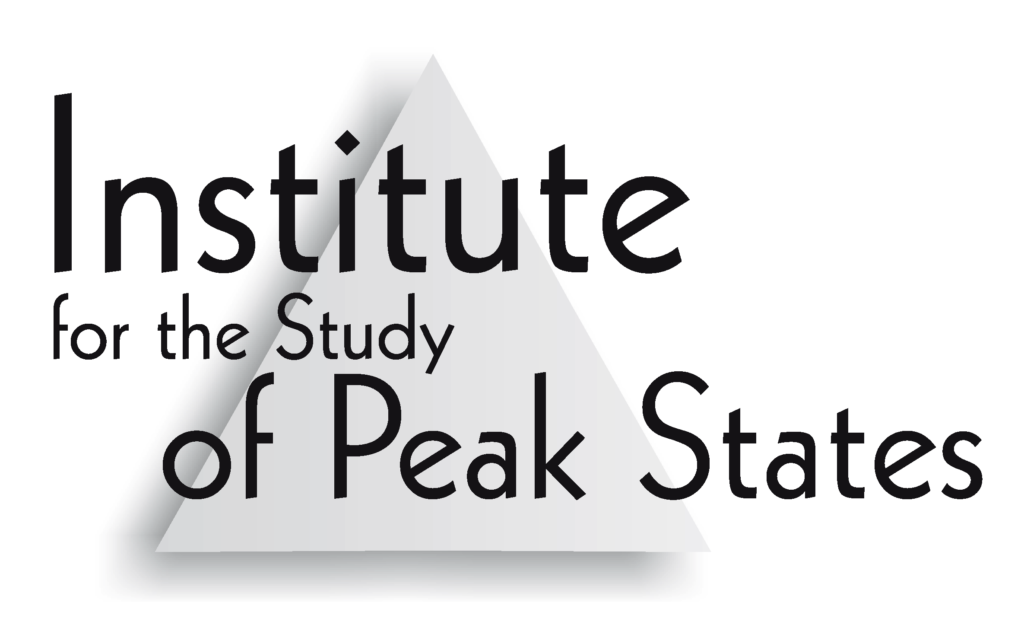The Institute for the Study of Peak States (ISPS) is a global organization dedicated to the exploration of the psychology and biology of consciousness. Founded as a research, teaching, and clinical treatment institution, ISPS has pioneered groundbreaking discoveries in prenatal development and subcellular psychobiology. These findings bridge the gap between epigenetics, psycho-immunology, and trauma, offering innovative solutions for mental and physical health challenges.

History
The Institute for the Study of Peak States (ISPS) is a global research, teaching, and clinical treatment volunteer organization that has been at the forefront of exploring the psychology and biology of consciousness. While the specific early history of the institute is not detailed in the provided content, several key milestones and developments can be highlighted:
- Research Focus: The ISPS has made significant discoveries in prenatal development and the emerging field of subcellular psychobiology. This research has bridged the realms of epigenetics, psycho-immunology, and trauma, leading to practical applications for treating various diseases.
- Breakthroughs in Psycho-Immunology: The institute has developed models in psycho-immunology that allow for the creation of fast and effective psychological techniques targeting specific pathogens. This novel approach is seen as a new scientific frontier with vast potential applications.
- Whole-Hearted Healing™: One of the institute’s early research efforts aimed to improve psychological quality of life. This led to the development of Whole-Hearted Healing™, a regression technique that accesses and heals prenatal events.
- Peak States of Consciousness: The institute’s research also delved into understanding continuous ‘peak states’ of consciousness, which have profound impacts on individuals’ lives.
- Training and Clinics: To translate its research into practice, ISPS established a school to teach its methodologies to professionals globally. Additionally, the institute has clinics focusing on treating conditions like traumatic brain injury, ADHD, and Asperger’s.
- Innovative Healthcare Approach: ISPS introduced a “pay for results only” model in healthcare, emphasizing outcome-driven treatments for both psychological and physical conditions.
Structure and Organization
The Institute for the Study of Peak States (ISPS) is a global volunteer organization dedicated to the research, teaching, and clinical treatment of the psychology and biology of consciousness. Key aspects of its structure and organization include:
- Research Focus: ISPS conducts groundbreaking research in areas like prenatal development, subcellular psychobiology, epigenetics, psycho-immunology, and trauma. Their work has led to the development of new techniques for treating various mental and physical diseases.
- Training Programs: The institute offers a school that provides training to professionals internationally. Their courses cover psychological healing techniques, methods for achieving permanent peak states of consciousness, and specialized treatments for specific diseases.
- Clinical Services: ISPS operates clinics that focus on treating conditions such as traumatic brain injury, ADHD, Asperger’s, and other major diseases. These clinics utilize the institute’s research findings to offer innovative treatments.
- “Pay for Results Only” Model: In a novel approach to healthcare, ISPS has introduced a system where patients pay only for successful treatment outcomes, emphasizing the effectiveness of their methods.
- Global Presence: As a worldwide organization, ISPS has a broad reach, with clinics, training programs, and research initiatives spanning multiple countries.
Functions and Operations
The Institute for the Study of Peak States (ISPS) stands as a beacon in the exploration of the psychology and biology of consciousness. Its functions and operations are multifaceted, reflecting its commitment to holistic well-being.
- Research Initiatives: At its core, ISPS is a research institution. It delves deep into prenatal development, subcellular psychobiology, and the intersections of epigenetics, psycho-immunology, and trauma. The institute’s research aims to uncover the underlying causes of various mental and physical health challenges, leading to the development of innovative treatment techniques.
- Clinical Treatments: ISPS operates clinics that offer specialized treatments for conditions like traumatic brain injury, ADHD, and Asperger’s. These clinics utilize the institute’s proprietary techniques, developed from their extensive research, to provide effective solutions for patients.
- Training Programs: To disseminate its methodologies, ISPS offers training programs for professionals worldwide. These courses cover a range of topics, from their signature Whole-Hearted Healing™ technique to methods for achieving sustained peak states of consciousness.
- Psycho-Immunology Breakthroughs: A significant function of ISPS is its work in psycho-immunology. The institute has developed rapid psychological techniques that target specific pathogens, offering a novel approach to treating conditions like autism, Alzheimer’s, and Lyme disease.
- Outcome-Driven Approach: Emphasizing the effectiveness of its methods, ISPS has introduced a “pay for results only” model in healthcare. This innovative approach ensures that patients only pay for successful treatment outcomes.
Conclusion
The Institute for the Study of Peak States (ISPS) is a global organization dedicated to advancing the understanding of the psychology and biology of consciousness. With a focus on research, teaching, and clinical treatment, the institute delves into areas such as prenatal development, subcellular psychobiology, epigenetics, and psycho-immunology. Their groundbreaking work has led to the development of innovative techniques for treating a range of mental and physical health challenges.
ISPS operates on a unique model, emphasizing the effectiveness of its methods by introducing a “pay for results only” approach in healthcare. This ensures that patients only pay for successful treatment outcomes, reflecting the institute’s confidence in its methodologies.
